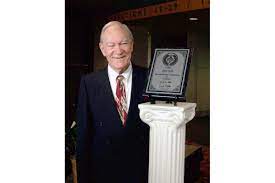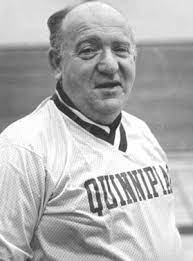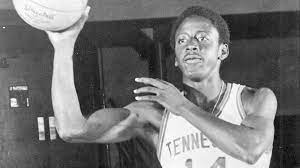With only a few games remaining in the NBA playoffs it is never too early to start preparing for next year. The lottery was held on June 22nd, the final deadline for early entry withdrawal is July 19th, and the draft will take place on July 29th. We will spend the rest of the month interviewing as many members of the 2021 draft class as possible. HoopsHD’s Jon Teitel commences our coverage by chatting with Jordan Schakel about being a great shooter and what it would mean to him to get drafted.
You were born/raised in California and both of your parents went to USC: what made you choose San Diego State? Their winning history, energetic fanbase, and 24/7 practice center.
You played for Coach Brian Dutcher: what makes him such a great coach, and what was the most important thing that you ever learned from him? The thing to me that makes him great is his trust and ability to let his players play and not get in their way. I have never played for a coach that let us have so much freedom on the offensive end. As long as you play hard on defense you get the trust to play your game on offense.
In the 2018 NCAA tourney you scored 2 PTS but Rob Gray made a windmill layup with 1.1 seconds left to clinch a 2-PT win by Houston: where does that rank among the most devastating losses of your career? That was not as devastating as when we played Utah State in the conference championship my junior year and lost at the buzzer. The shot Sam Merrill hit ended up finishing our season on a sour note, as that was the last game we played before the pandemic: www.youtube.com/watch?v=KuV0eM9GsY0
In 2020 you went 30-2 (with only a pair of 3-PT losses) and were projected by some to be a #1 seed in the NCAA tourney before it was postponed due to COVID: how close did you come to going undefeated, and where do you think that Aztec team ranks among the greatest in school history? I do not think we were as close to going undefeated as many thought. I think it served us better to lose to UNLV before the conference tourney and then to Utah State before the NCAA tourney because you learn more from losses than you do from wins. We were hungry and humbled after the last loss and I think that we were primed for a Final 4 run. To me that team is top-3 for sure, but I cannot tell you how we compare to the Kawhi Leonard Sweet 16 team in 2011 because we did not get a chance to play in the real tourney. I will say that I would take our team over anyone ever if I am playing!
Last January you scored a career-high 28 PTS in 29 minutes off the bench (including 8-11 3PM) in a win over Colorado State: was it just 1 of those situations where every shot you put up seemed to go in because you were “in the zone”? That was a great bounce-back game for us. Colorado State’s game plan was to just leave us open for threes all game long and bank on us going cold and choking at some point. I saw my teammates start passing up open shots and told them to give me the ball and I took every shot that I could. Thankfully I was able to make a high percentage of them and set a school record.
You played in 12 MWC tourney games during your career and won 10 of them (with the 2 losses coming by a combined 10 PTS): what is the key to winning games in March? The key to winning games in March is trusting all of the work that you have put in as a team to get to that point.
You finished your career as the as the #1 FT shooter (87%) and #2 3-PT shooter (42.7%) in school history: what is the secret to being a great shooter? There is not any secret: just hard work, dedication, and not accepting anything short of greatness. I was not born a great shooter and it did not come naturally: I have worked on it every single year.
You had a 4.2 GPA in high school and made the Academic All-Mountain West during each of the past 3 years: how did you balance your work on the court with your work in the classroom? It was a lot of hard work and late nights studying during the season when I would rather watch basketball or get into the gym. It was a lot of sacrifices that ended up paying off in the end.
You turned 23 last month: what did you do for the big day? I actually was traveling to Boston for a workout on my birthday but I celebrated the night before by going to a UFC fight. I got to see my favorite fighter (Israel Adesanya) live and learned a lot from it.
You are preparing for the NBA Draft this month: what would it mean to you to be drafted, and what is the plan if you do not get selected? It would mean a lot to me to be drafted but regardless of the outcome I feel extremely blessed to be in this position and will be celebrating the end of a long pre-draft process on the 29th. If I do not get drafted then the goal is to make a roster and earn my way into the NBA by playing in the summer league. I know that God has a plan for me so I am not worried where I will end up.










